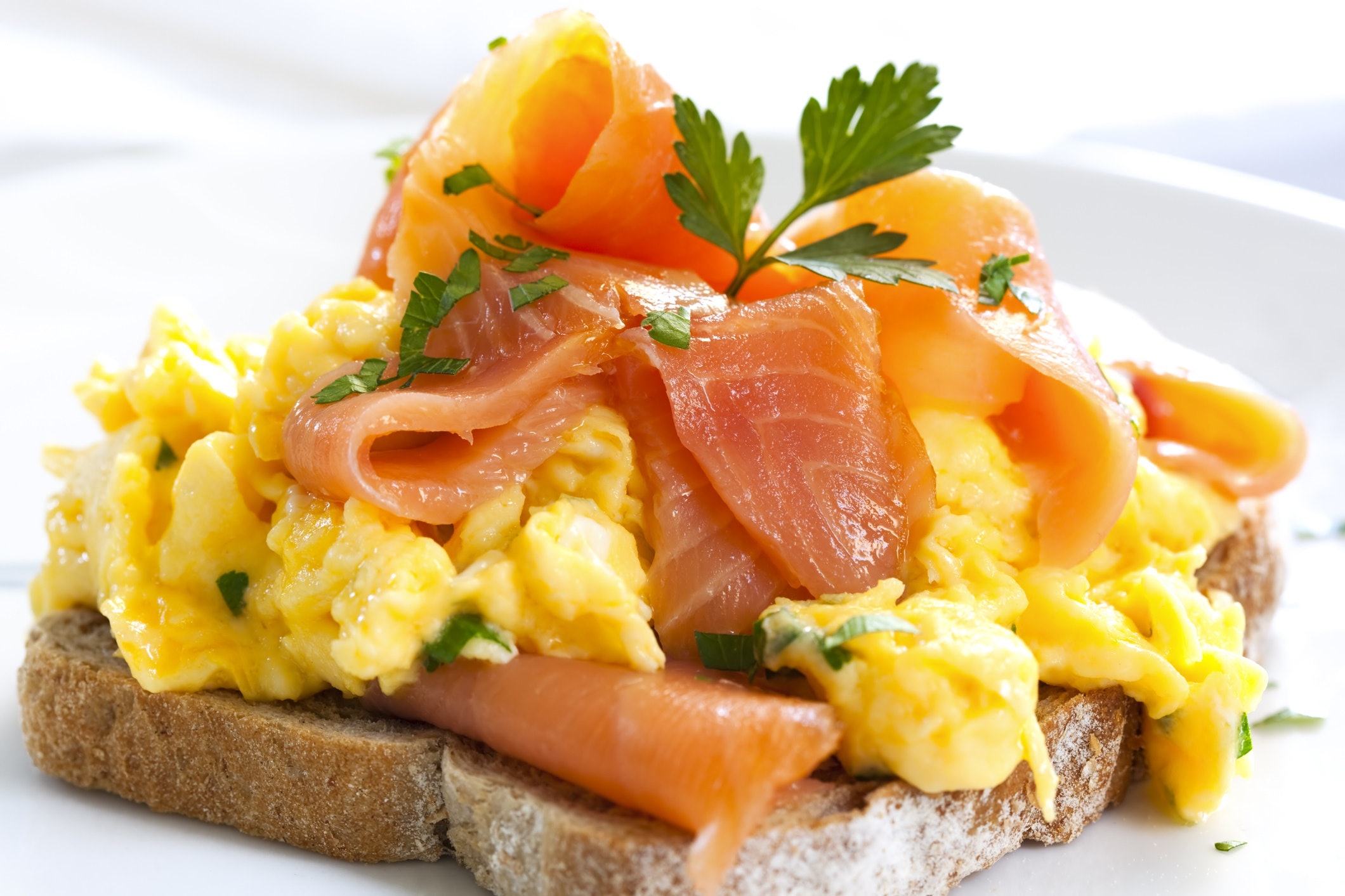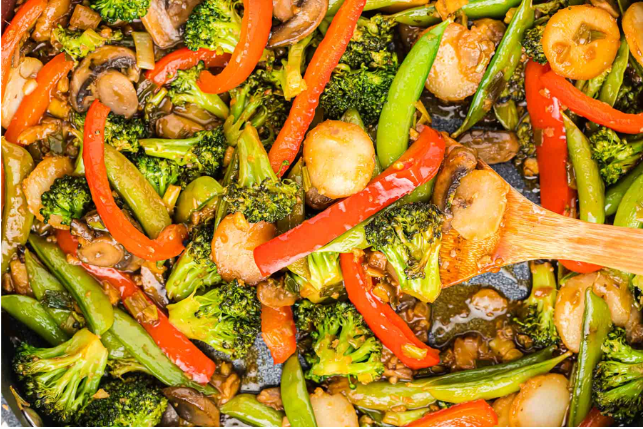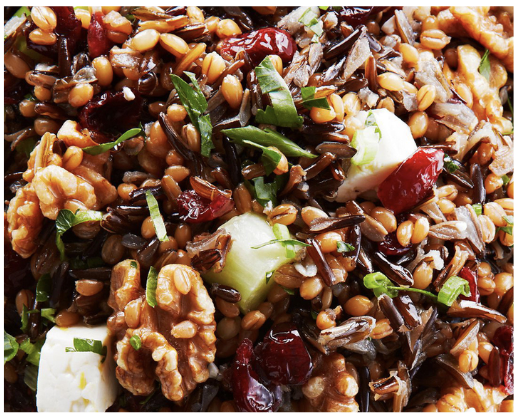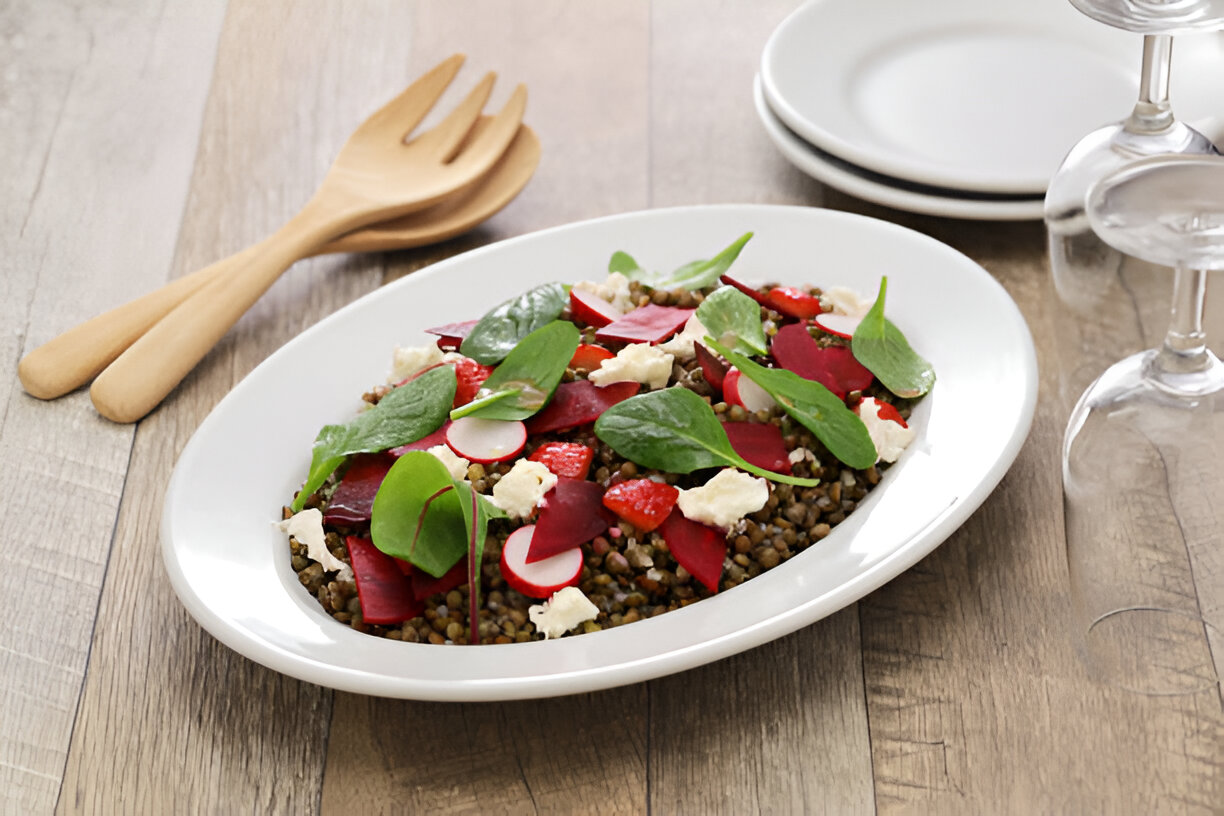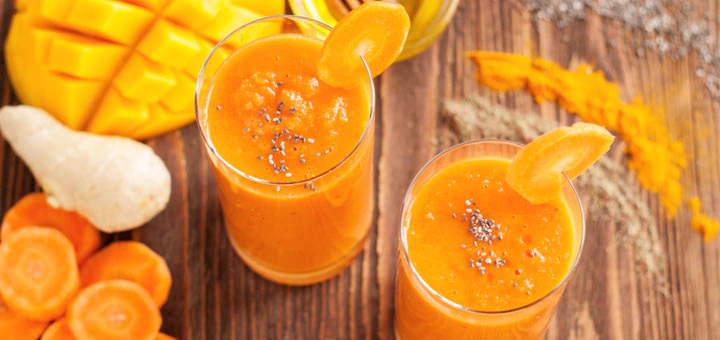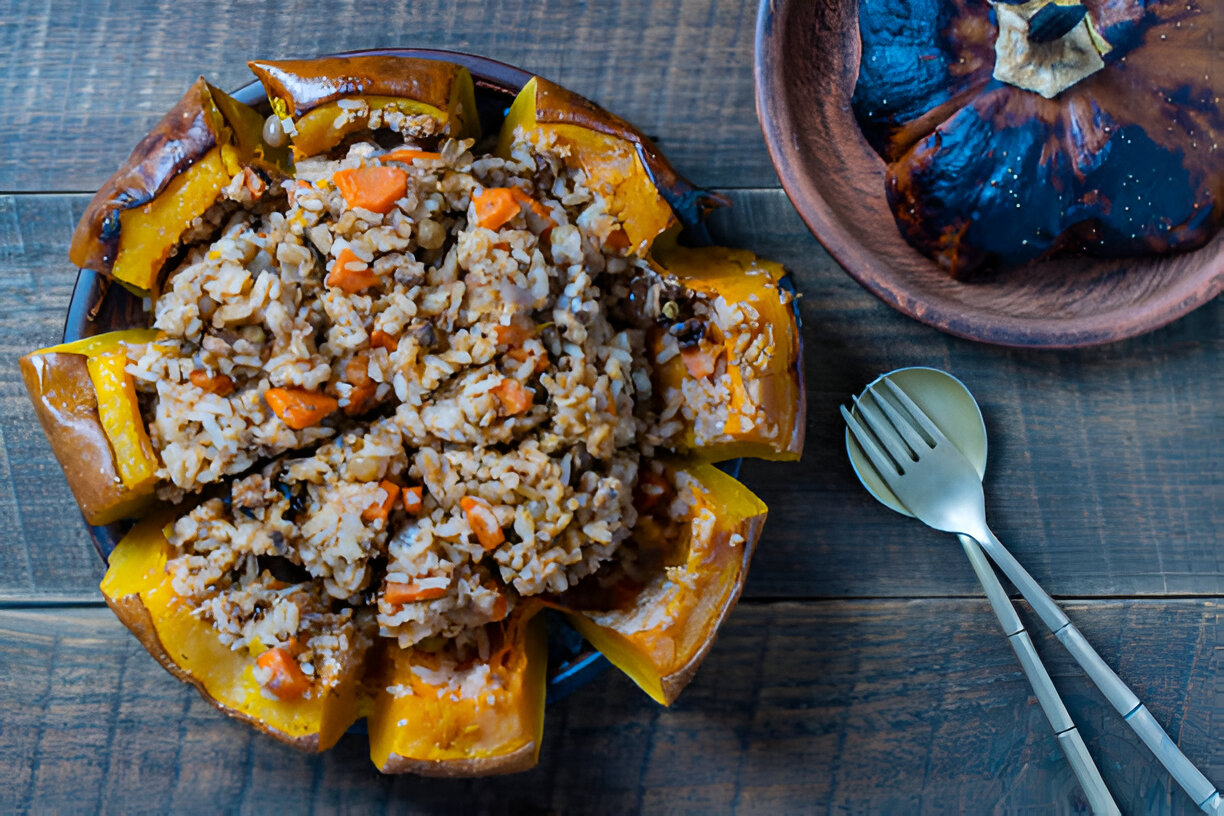This week, you shift to a whole-foods diet for maximum health benefits. Whole foods deliver the vitamins, minerals, phytonutrients (like flavonoids and carotenoids), and fiber you need to feel your best. “We are designed to eat whole foods,” says Kathie Swift, R.D., nutrition director at the UltraWellness Center and nutritionist at the Center for Mind-Body Medicine. “Their nutrients work together to protect our health.”
Processed foods, on the other hand, typically lack nutrients, which can get lost in processing. Plus they often contain preservatives and high sodium levels. The poor nutritional quality of these foods harms our health, and the preservatives that manufacturers add can make matters worse, says Swift. “Genetically, our bodies don't know how to deal with these changes,” she says. In fact, she notes our increase in processed-food consumption has directly coincided with the rise of chronic diseases in our society.
Focusing on whole foods helps your body prevent and fight diseases and increases your energy levels. It may even prompt weight loss, because you feel fuller longer and experience fewer cravings. In each day of our plan, we'll share easy ways to incorporate more whole foods into your diet, from fruits and veggies to healthy spices to tips for dining out.
Beyond what you eat, you'll also explore your relationship to food. Journal writing will help you uncover diet patterns that may be sabotaging your best intentions, and daily conscious-eating exercises will help you take control of how you relate to food. “The journey to mindfulness takes practice,” notes Swift, “and it all starts with self-awareness.”
What You'll Need:
To eat well, it helps to stock your pantry with healthy foods. See what renowned chefs and nutritionists keep on hand.
Healtlhy Pantry Tips
Printable Food Journal
Was this article helpful?









